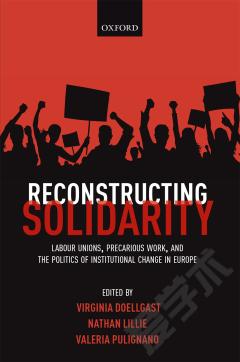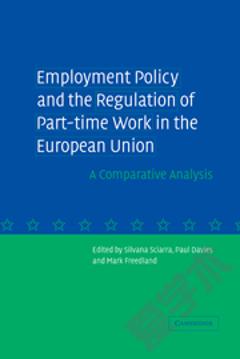European Union Discourses on Un/employment. An interdisciplinary approach to employment policy-making and organizational change.
Employment is clearly one of those fields of political activity that reveal the manifold problems and difficulties accompanying the process of European integration and supranational institutionalization. In particular the conflict between supranationalists and intergovernmentalists and the degree to which member states show willingness to cooperate with each other become manifest. The Union is struggling for new employment policies that should, on the one hand, be compatible with the European model of the welfare state, and, on the other, adopt to new economic constraints. These debates are accompanied by many conflicts between different interest groups and lobbies. This study succeeded in looking behind closed doors within the EU organizational system. Committee meetings were tape-recorded and analysed, drafts of policy papers were examined for recontextualizations and the impact of interest groups and different economic and ideological concepts on policy-making made explicit. A comparison of decision-making processes in the European Parliament and in small networks of the Commission illustrates the different argumentation patterns and discursive practices that are involved in the formation of new employment policies. The ethnographic research is accompanied by a systemic linguistic and sociological analysis of various institutional genres and political spaces.
{{comment.content}}








 京公网安备 11010802027623号
京公网安备 11010802027623号